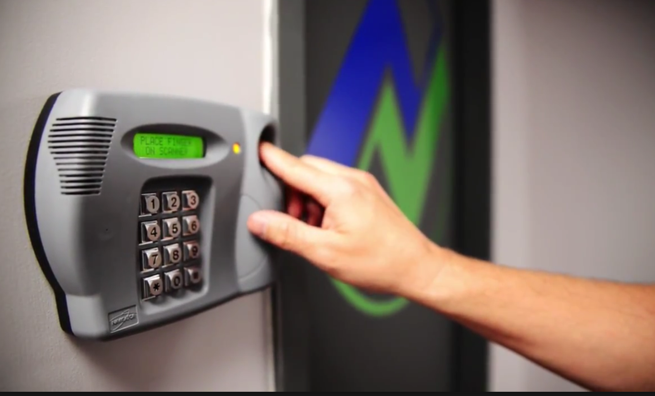
It seems that everything around is electronic today, but should the locks on your Dorchester home or business also be electronic? This blog post explores three types of electronic locks, and looks at the pros and cons for each.
1. App based Access
Also known as wireless access control. These locks work with a key or by an electronic signal. Like everything with technology, the more it is used, the cheaper it becomes. As such, many homes and businesses have locks that are app based.
Are they Good or Bad?
First, there is a difference between wired and wireless. The technology for both is good, but wireless has not completely caught up with electronic locks for wired doors. The second issue with wireless locks is that they are not always in real-time. If there is a problem, access is not immediate. While the idea of wireless locks is appealing, there is still a ways to go before these types of locks become standard.
2. Keypad Control Access
The big feature here is that you never have to worry about losing your door key again. All you need to do is remember the access code, and your door opens. Is that a good thing? For many of us yes it is. Because this technology is older, the options for keypads for homes and businesses in the Dorchester or Revere area are affordable.
Are They Good or Bad?
Yes. These locks are very secure, and they give homeowners many options for placement of the lock pad. Also, the code is easy to share so your mom can get into your house if you are still at work – simply by calling you. If there is a downside to these locks, it is that the keypad needs to be sheltered from the extreme weather. Otherwise, these locks bring a modern approach and many conveniences to homes and commercial properties. The trick to keeping these locks secure is to safeguard the code.
Keypad locks work best with a security system. When the locks first appeared, they were easier to crack than they are today. Thieves would simply look at the keypad and see which numbers were used the most, and then try to guess the code. Burglars don’t have that much time to devote to trying to crack the code.
3. Token Access – Also known as a FOB Locks.
These locks work much like the ones on your car. If you have the FOB in your pocket and you approach the door, then the lock automatically opens. While the idea is appealing, there are potential issues for home use. These locks work well when access to a building is secured through other means, such as a deadbolt lock. For businesses, FOB locks are beneficial and help to segregate access to specific areas.
Are they Good?
For homes, these locks are not the safest. The car thieves have already figured out how to bypass wireless car door locks to gain access to vehicles. It is just a short jump to bridge the technology to those locks on people’s homes.
If you are looking for a modern way to secure your home, consider a keypad lock for your doors. If you are unsure what type of locks work the best, reach out to our professionals, and we can walk you through your options.


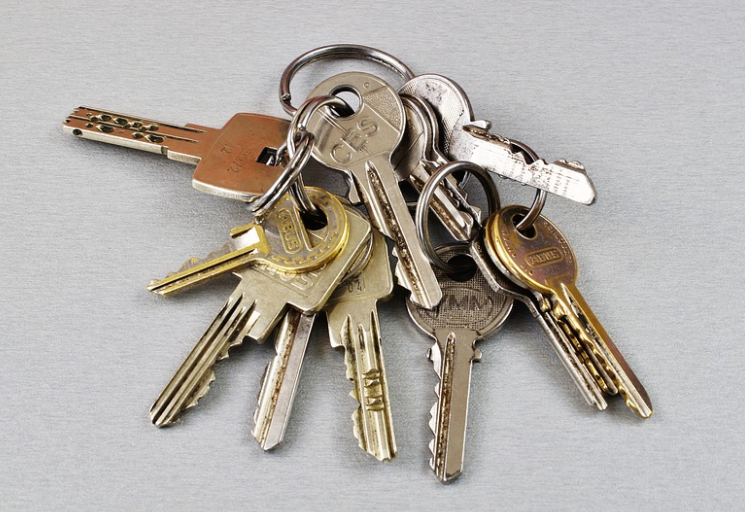
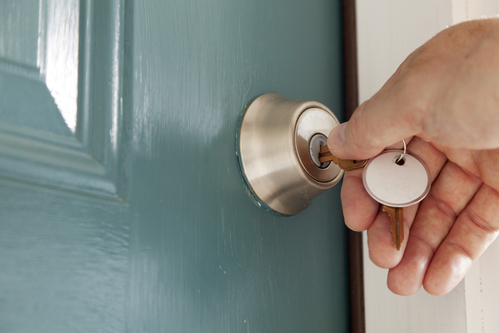
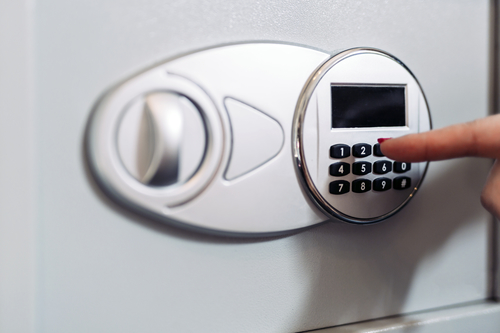
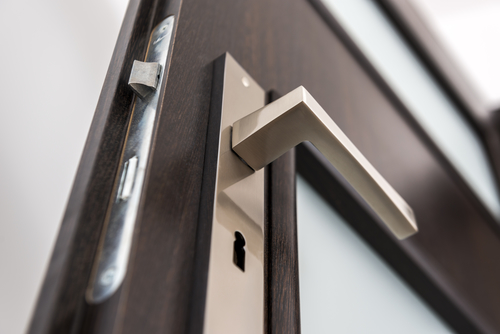 The electric strike lock may not be a colorful component in a locking system, but it is one of the most important. This type of lock is not only cost-effective, but also a better alternative than electrified lock mechanisms in some circumstances.
The electric strike lock may not be a colorful component in a locking system, but it is one of the most important. This type of lock is not only cost-effective, but also a better alternative than electrified lock mechanisms in some circumstances.